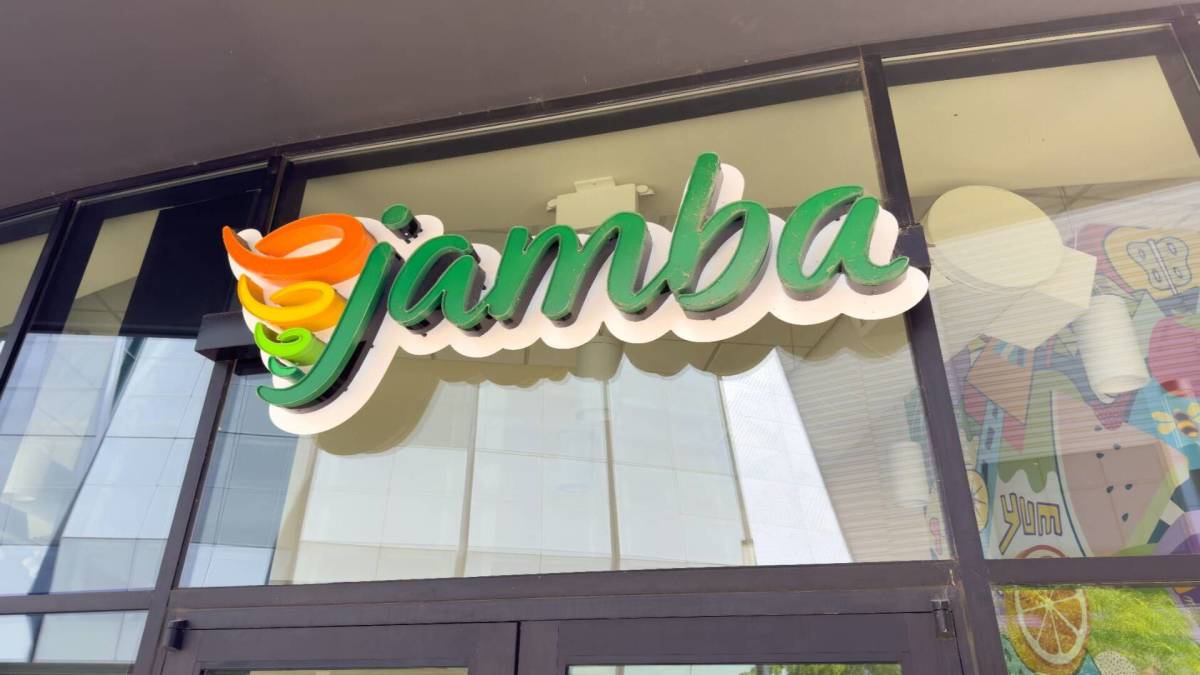The fast-food industry has faced economic challenges over the last two years, with several concepts facing restaurant closures and, in some cases, bankruptcy filings.
Fierce competition, rising labor and food costs, and expensive lease rates have been blamed for the financial distress that has led many fast-food franchisees to struggle to stay afloat.
Fried chicken chains struggled
The fast-food chicken sector endured Chapter 11 bankruptcy filings from Popeyes franchise operator RRG Inc. in February 2024 and New York-based chicken-fingers fast-food chain Sticky’s, which filed its petition in April 2024.
Suburban Chicago chicken chain Harold’s Chicken of Homewood filed for Chapter 11 bankruptcy protection in July 2025 to reorganize its business and continue operating.
De’nsite Inc., the Homewood, Ill.-based operator of the Harold’s Chicken locations in Homewood, South Holland, and Olympia Fields, Ill., filed its Subchapter V petition in the U.S. Bankruptcy Court for the Northern District of Illinois, listing up to $50,000 in assets and $500,000 to $1 million in liabilities.
The pizza sector has been hit hard, as at least a half-dozen chains have filed for bankruptcy in 2025.
Among the pizza chains filing for Chapter 11 bankruptcy were Domino’s Pizza franchisee People First Pizza on March 26, 2025, Zeppe’s Tavern on March 31, 2025, Bertucci’s Restaurants on April 24, 2025, Little Caesars pizza franchisee Red Door Pizza on July 15, 2025, Backdraughts on July 23, 2025, and Bosque Brewing Company, operator of two pizza restaurants and nine craft brewery locations in New Mexico, which filed on Oct. 6.
Wave of pizza restaurant bankruptcies
- Domino’s Pizza franchisee People First Pizza, March 26, 2025,
- Zeppe’s Tavern, March 31, 2025
- Bertucci’s Restaurants, April 24, 2025
- Little Caesars pizza franchisee Red Door Pizza, July 15, 2025
- Backdraughts, July 23, 2025
- Bosque Brewing Company, Oct. 6, 2025.
Fast-food beverage franchises have also faced financial distress as Phoenix-based Tropical Smoothie Cafe franchisee JND Tropics LLC, filed for Chapter 11 bankruptcy protection on June 12, 2025.
The Atlanta-based smoothie franchise chain Tropical Smoothie Cafe, which was established in 1997, has over 1,500 locations in 44 states and Washington, D.C. The chain opened 161 new cafes in 2024, with 70% launched by existing franchisees.

Valley Juice files for Chapter 11 bankruptcy
And now, Jamba Juice franchisee Valley Juice LLC, which operates over 20 franchises in the San Francisco Bay Area, filed for Chapter 11 bankruptcy protection after a proposed sale of 18 of its locations fell through in the summer of 2025, San Francisco Business Times reported.
The debtor filed its petition seeking to reorganize its businesses and to pursue a sale of its assets or continue operating as a going concern.
The Pleasanton, Calif.-based franchisee filed its petition in the U.S. Bankruptcy Court for the Northern District of California on Oct. 8, listing over $639,000 in assets and about $25 million in liabilities, Bondoro reported.
The debtor’s largest unsecured creditors include Maddie Pizza Hut, owed over $4.28 million on an intercompany payable and also $1.07 million on a loan; Sonnshine LLC, owed over $3.5 million on an intercompany payable; and San Francisco Centre L.P., owed over $1.57 million on a commercial lease.
Valley Juice top unsecured creditors
- Maddie Pizza Hut, owed over $5.35 million
- Sonnshine LLC, owed over $3.5 million
- San Francisco Centre L.P., owed over $1.57 million
The debtor reportedly blamed lingering effects from the Covid-19 pandemic, reduced foot traffic, and overmarket leases for its financial distress.
Financially distressed restaurants must seek solutions
“In 2025, financially distressed restaurants must explore several solutions, including leveraging technology, optimizing operations, and focusing on customer experience,” law firm McDonald Hopkins’ member Scott Opincar wrote in an April 2025 blog on the firm’s website.
“Restaurants can also consider expanding revenue streams, implementing data-driven decision-making, and exploring alternative financing options,” Opincar wrote.
Jamba, which has 727 locations in the U.S., offers a variety of smoothies, iced drinks, fruit bowls, and other favorites such as sausage, egg, and cheese sandwiches, ham, Swiss cheese, and egg sandwiches, chicken empanadas, Belgian waffles, pretzels, and mozzarella and herb bites, according to its website.
Jamba Juice, established in San Luis Obispo, Calif., in 1990, rebranded as Jamba on June 6, 2019.
Related: Another troubled trucking company closes down, no bankruptcy
#Popular #beverage #chain #franchisee #files #Chapter #bankruptcy